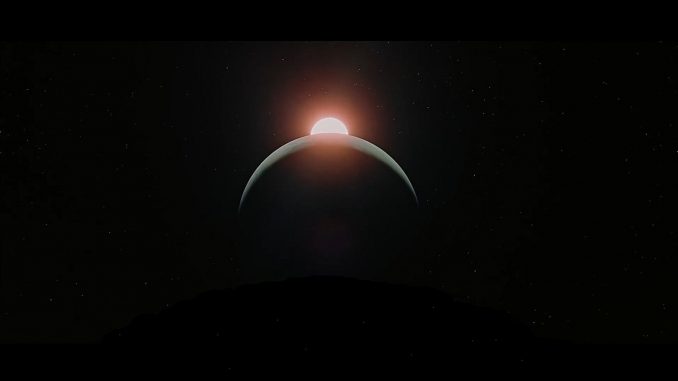
The 9th day at this 51st edition of the Sitges Film Festival has been notable for Ed Harris’ presence, as part of the homage to The Truman Show (1998). After 20 years since its release, the festival is paying tribute to both Harris and director Peter Weir, awarding them with respective Grand Honorary Awards.
Ed Harris came to the coast town to talk as an actor and director: he was asked about Mother! (2017) and the shooting with Darren Aronofsky, which he described as kind of exhausting due to the camera thoroughness, even though he admires his vision and results. He also commented on the shooting of The Abyss (1989), with James Cameron, which he considers a very good film until the last 10 minutes, and where he had a bad shooting experience due to the long, difficult and intense work they had to go through, with bad diving equipment. At the question of how does he accept the roles he’s offered, he answered in a very honest way, pointing out sometimes it’s a visceral, kind of gut feeling, that makes him want to go for that project, while at other times it’s more about the other cast, or the life situation he may have at the moment (like when his daughter was born, and he didn’t want to be gone for months and let her grow up without a father), or, of course, sometimes it’s also because of the money. In general, as an actor on hire, he likes it especially when he has the chance to work for a director with a particular vision (like Joon-ho Bong in Snowpiercer (2013), as he mentioned), working with somebody that is making that movie because he needs to make it. Fulfilling that vision can be a more precise, satisfying experience with better results.
As a director, he did Pollock (2000) and Appaloosa (2008) so far, being already 10 years since the last one, he commented about how much he enjoyed the directing process, and that he’s looking forward to his new project, to be filmed next spring. As a director he got the chance to be more aware of all the responsibilities, and this made him become more patient at his work. He understands deeply the work as an actor (as it’s still his main profession) and points out how he tries to work on a personal level with each one of them: since everyone has a different background and way to approach his character, sometimes they ask for guidance, sometimes they do not want to hear from you as a director… it’s always about finding the way to get the best performance out of people.
The vision he has about Hollywood and its productions, although he’s not against it, criticizes somehow the fact of always betting on Marvel and similar blockbusters, while as for the rest of the movies you have to really fight in order to get them out in the cinemas. Maybe for the purpose of getting your work shown to the world, the new cinema on-demand platforms are such an interesting alternative solution.
On this same day, we also had the chance to listen to one of the masters of organic visual effects, responsible for them in classics like Blade Runner (1982), 2001: A Space Odyssey (1968) or Close Encounters (1977). Douglas Trumbull, who started as a science fiction fan working on videos for NASA, was introduced in cinema by Stanley Kubrick, who becomes his mentor while shooting 2001: A Space Odyssey. Delivering special visual effects that were different from what was being done at the time, Trumbull started his career while exploring the unknown, getting excited with his new work field until the point of becoming a director in Brainstorm on 1983. Still looking forward to repeating this experience, he has been dedicating the last years to thinking on new forms of cinema, building new screens that allow a different experience (closer to entertainment and interactive games, maybe), and picturing the coexistence of normal screening rooms for conventional movies with this more immersive experiences that could come in the form of ephemeral prefabricated movie theatres.




